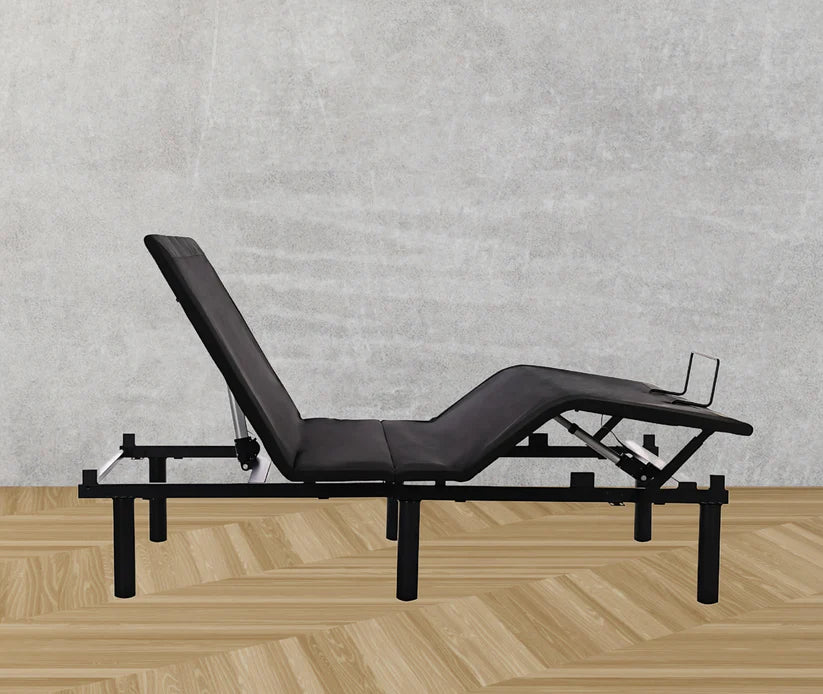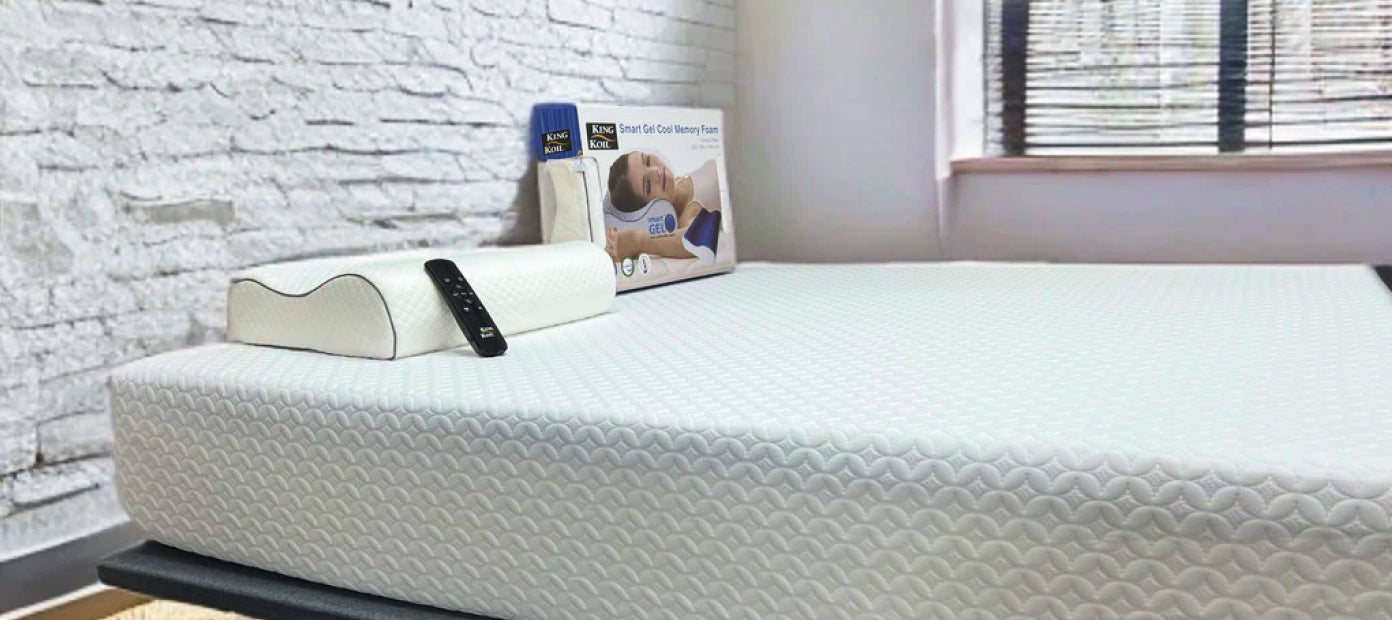Why Sleep Should Be a Men's Health Priority
Sleep isn’t just about rest, it’s the foundation for long-term performance. For men, especially after 35 or 40, poor sleep can show up in subtle but serious ways: weight gain, brain fog, low energy, or even early signs of burnout.
But here’s the good news: improving sleep is one of the ways to positively impact your health, strength, and clarity.
What’s at Stake When You Don’t Sleep Well?
Hormones and Recovery
Most of your testosterone is released during deep sleep. Less sleep means less recovery. It also means slower metabolism, lower muscle mass, and reduced drive.
Heart and Circulatory Health
Interrupted or shallow sleep raises cortisol (the stress hormone) and blood pressure. Over time, this increases the risk of heart issues, something that becomes more common with age.
Brain Function and Mood
Chronic sleep deprivation impairs memory, reaction time, and emotional stability. If you’ve been more forgetful or irritable, your sleep may be the actual problem.
Signs Your Sleep Is Hurting Your Health
-
You wake up feeling tired even after a full night
-
You feel sore, stiff, or mentally foggy in the mornings
-
You rely on caffeine to get through the day
-
Your energy crashes in early afternoon
-
Your workouts feel harder than they used to
These are common complaints we hear from men in our showrooms every week. In many cases, a better mattress and a more supportive sleep setup make a real difference.
What You Can Do to Sleep Better (Starting Tonight)
1. Rethink Your Mattress
If your bed is over 8 years old or you regularly wake up stiff, it’s likely no longer supporting your body the way it should. Look for:
-
Zoned support for spinal alignment
-
Pressure relief materials (like memory foam or latex)
-
Cooling properties to regulate temperature
Explore options like our adjustable bases to reduce snoring, improve circulation, and ease lower back tension.
2. Create a Sleep-First Environment
-
Keep your room dark, quiet, and 17–19°C
-
Use blackout curtains and turn off blue light devices 1 hour before bed
-
Avoid screens and alcohol close to bedtime they interfere with deep sleep
3. Stick to a Routine
-
Wake and sleep at consistent times even on weekends
-
Add a wind-down cue (light stretching, a shower, reading)
-
Train your body to expect rest at the same time nightly
When to Talk to an Expert
If your sleep issues persist even after making adjustments, it may be time to get personalized advice. Whether it's neck support, snoring relief, or finding the right firmness level, Sleep Shop's team is here to help you find your best sleep fit.
Pair your mattress with the right pillow for proper neck and shoulder alignment.
FAQs About Sleep and Men’s Health
How many hours of sleep should men get?
7–9 hours, consistently. Recovery and hormone production rely on deep sleep, not just time in bed.
What’s the best mattress for men with back pain?
Look for medium-firm support with pressure relief. Hybrid and memory foam models are ideal, but our recommendation is always to try before you buy.
Does better sleep actually improve testosterone?
Yes. Poor sleep can reduce testosterone levels by 10–15% after just one week. Improving your sleep improves your hormonal balance.
The Bottom Line
Sleep affects nearly every part of your health, but it’s also something you can start improving tonight.
If you’re ready to stop waking up sore, tired, or groggy, we’ll help you find a solution that works whether that’s the right mattress, an adjustable base, or just the guidance to create a better sleep space.
Better sleep is better health!






Leave a Comment
Your email address will not be published. Required fields are marked * Comments must be approved before they are published.